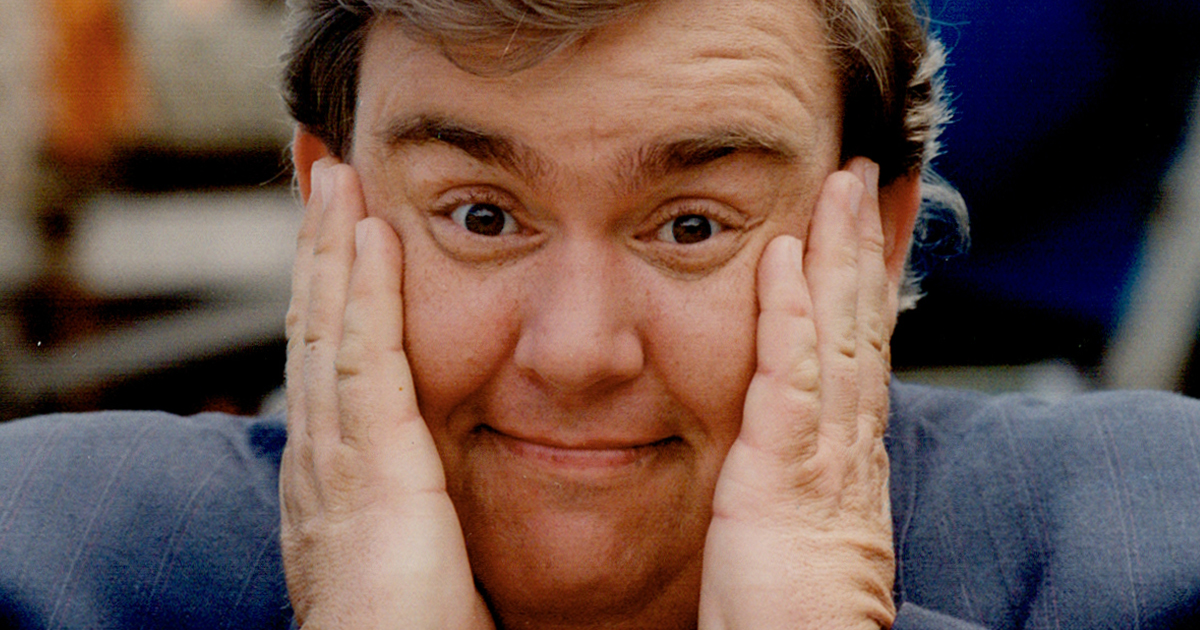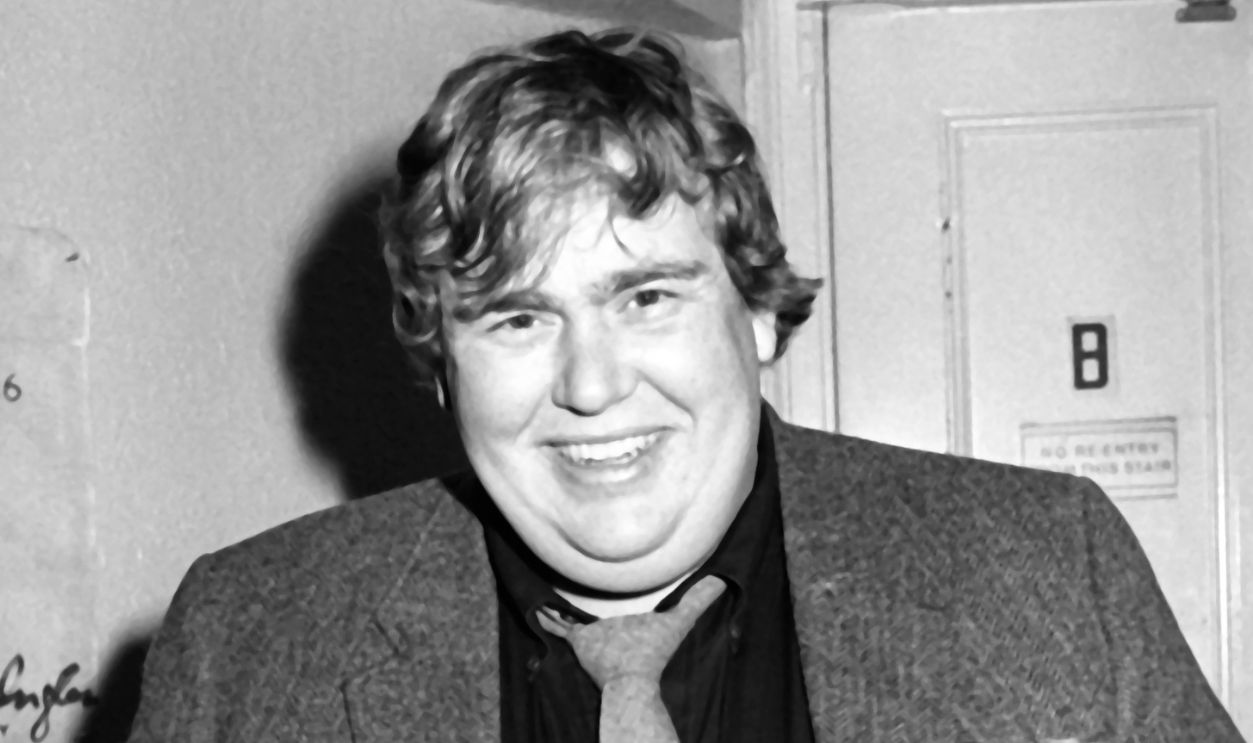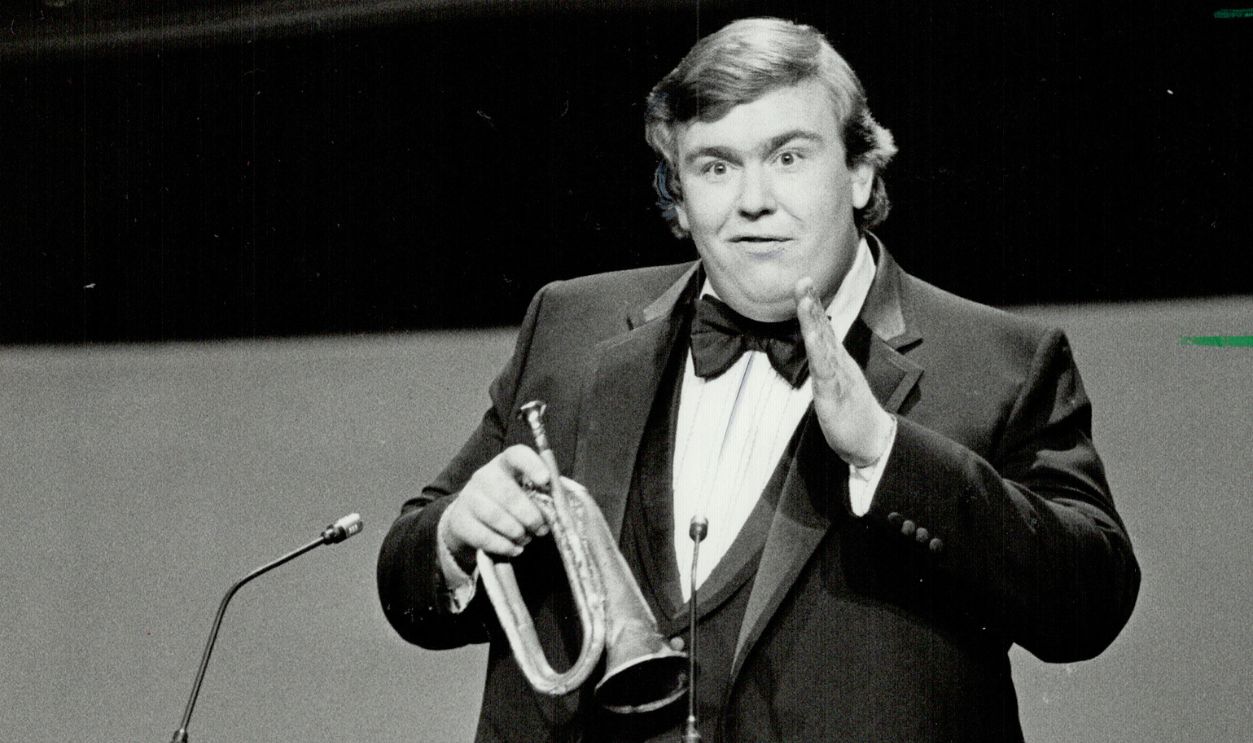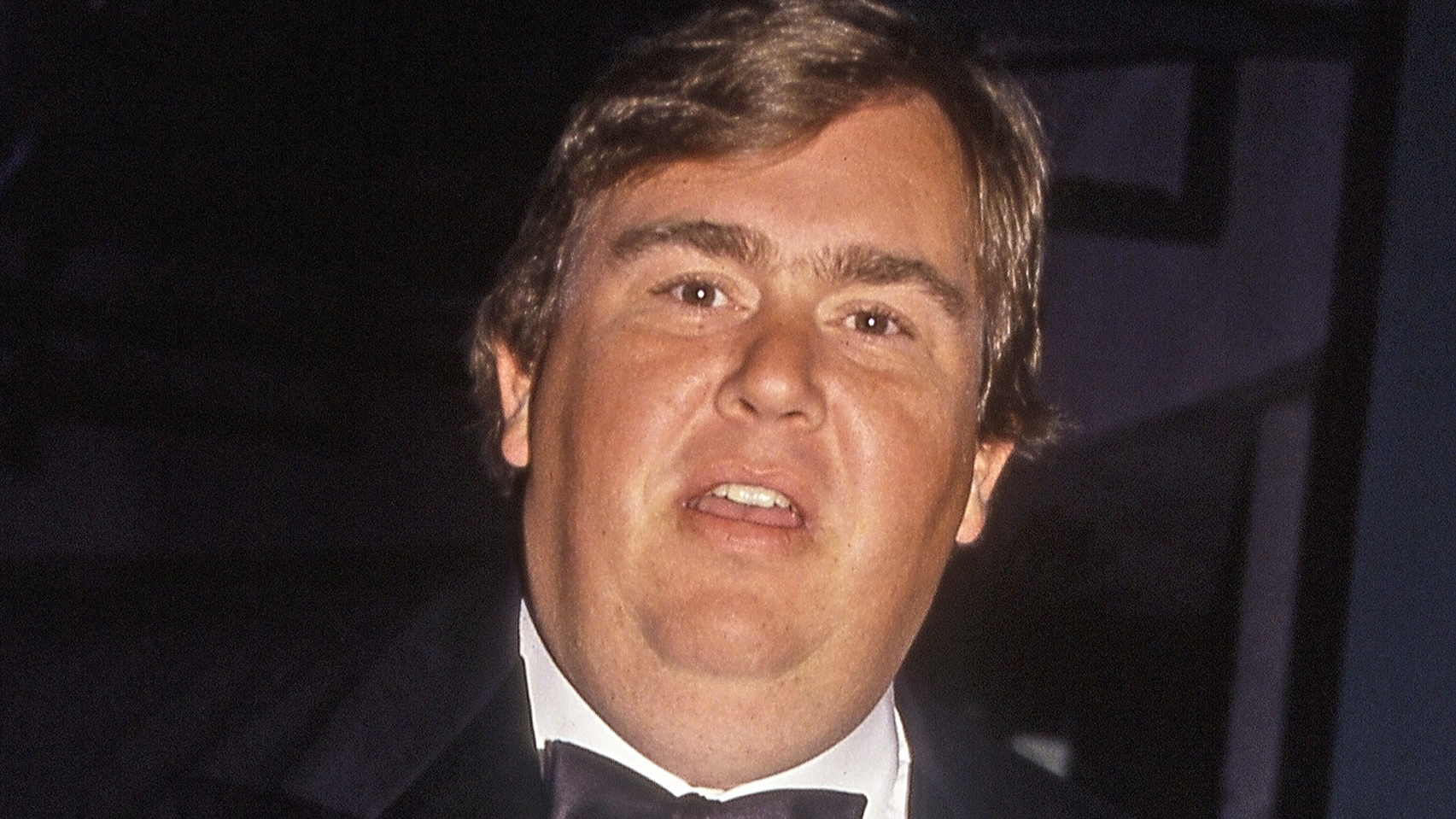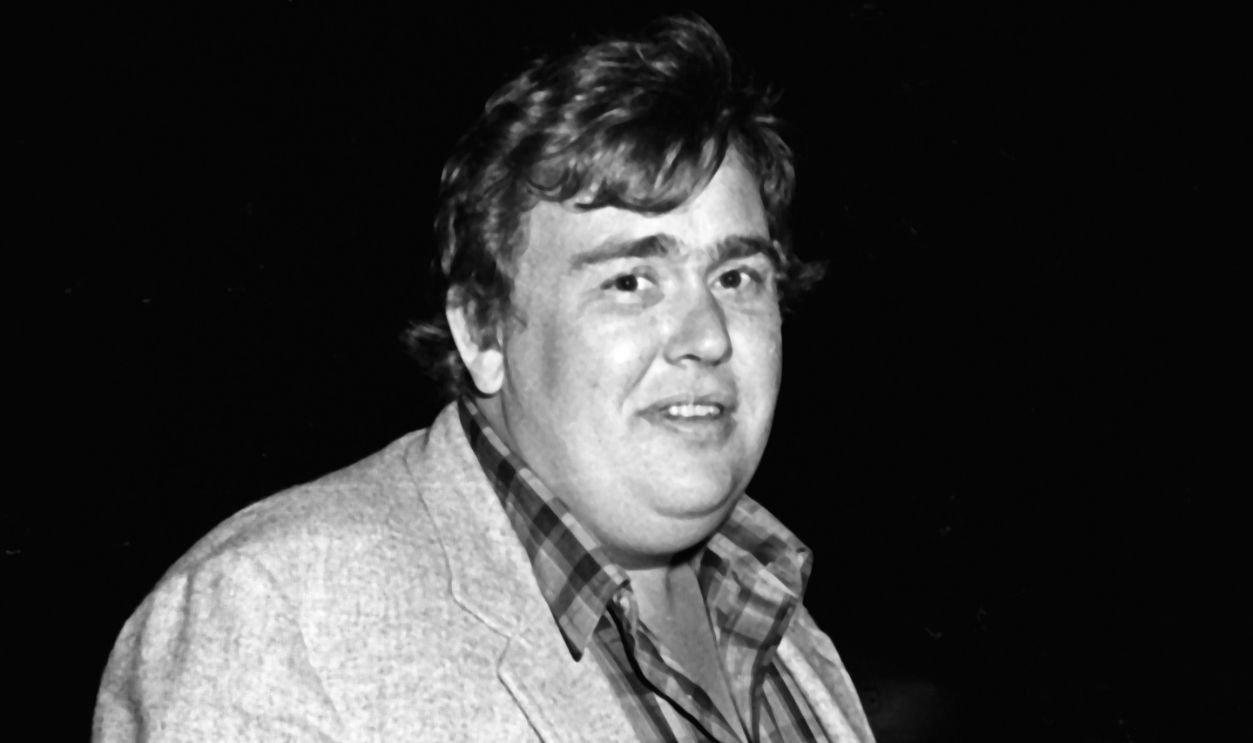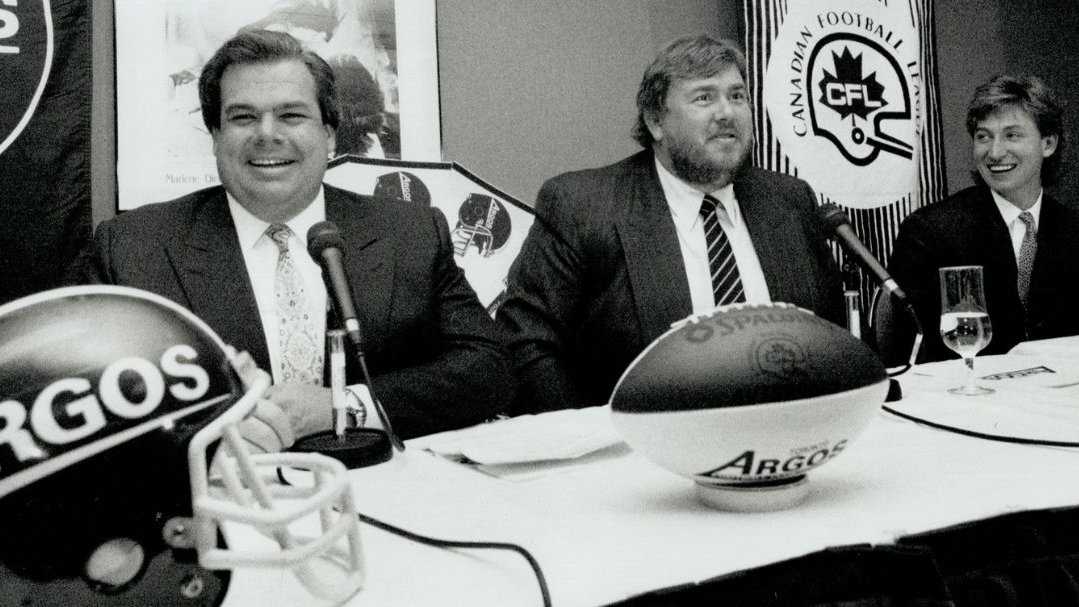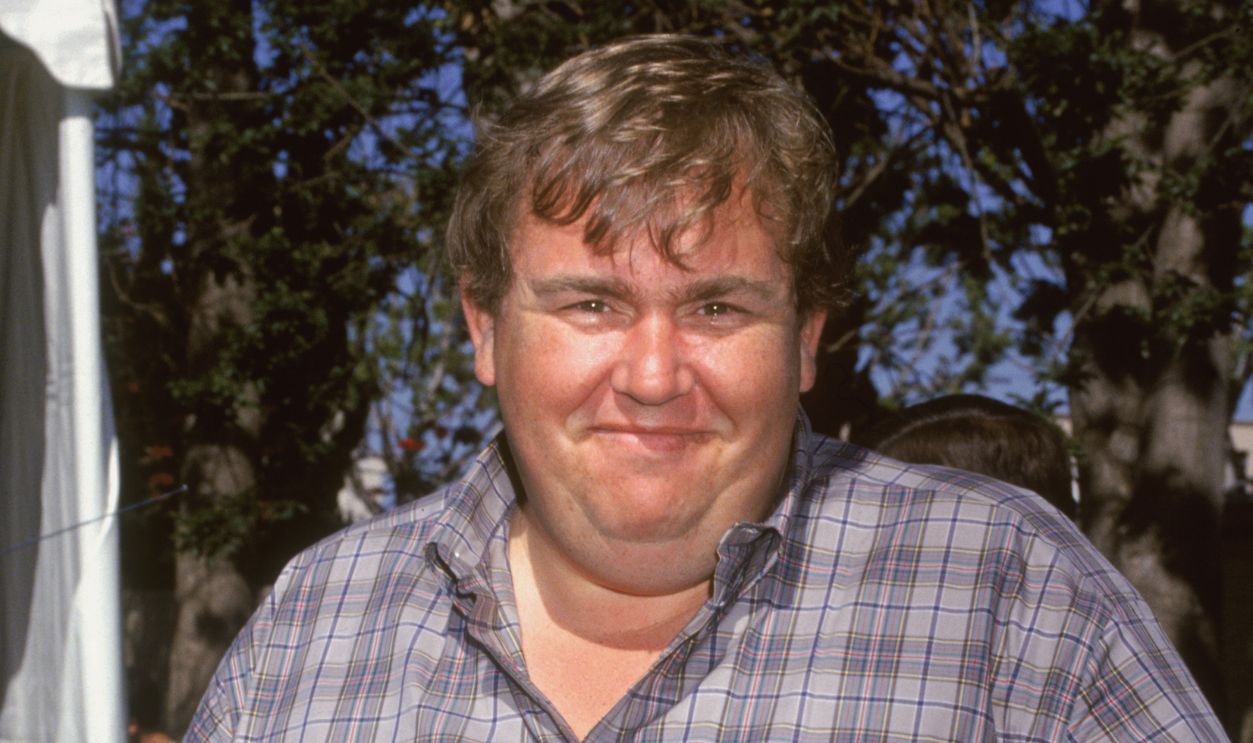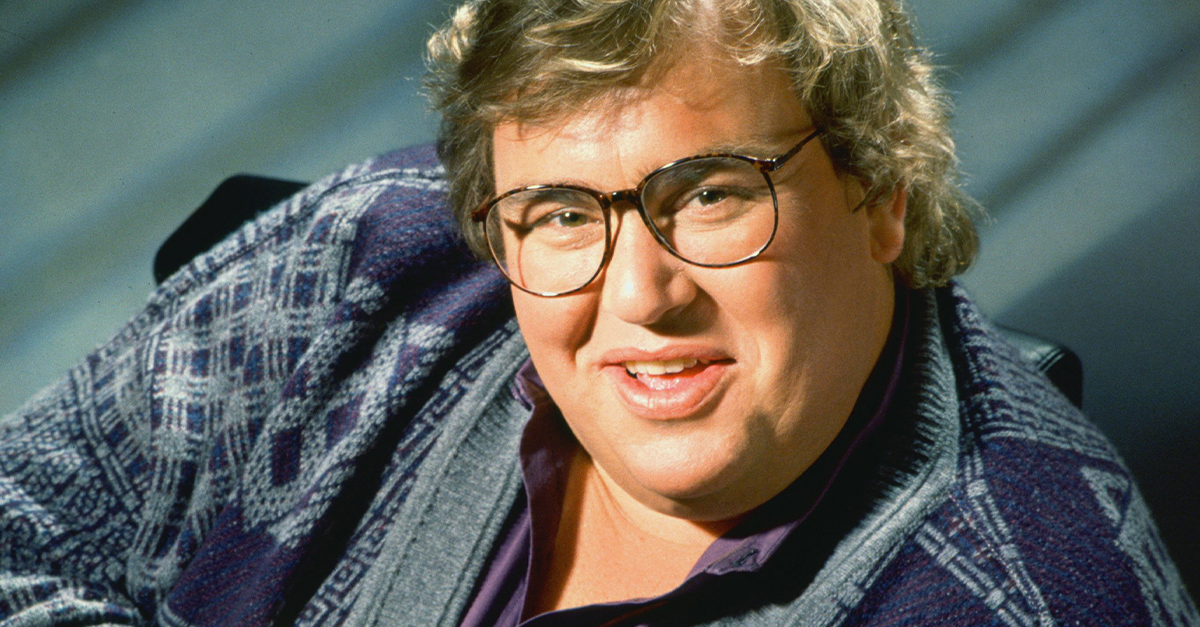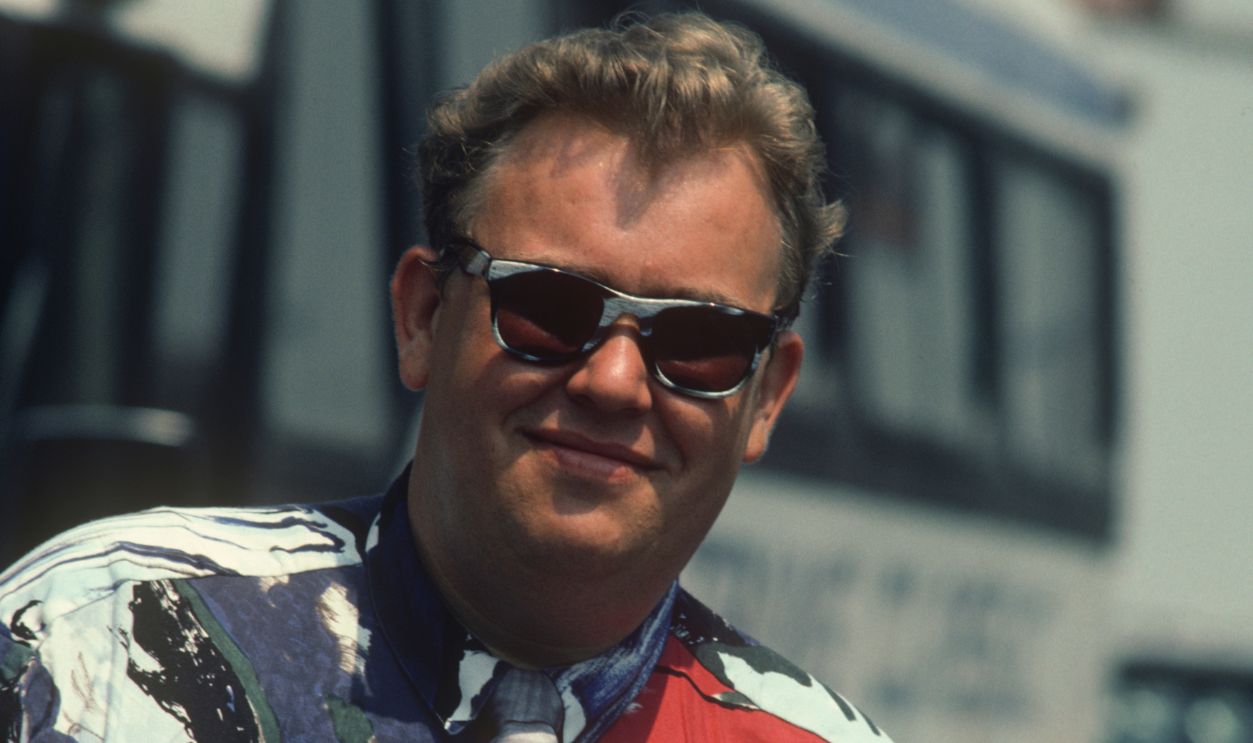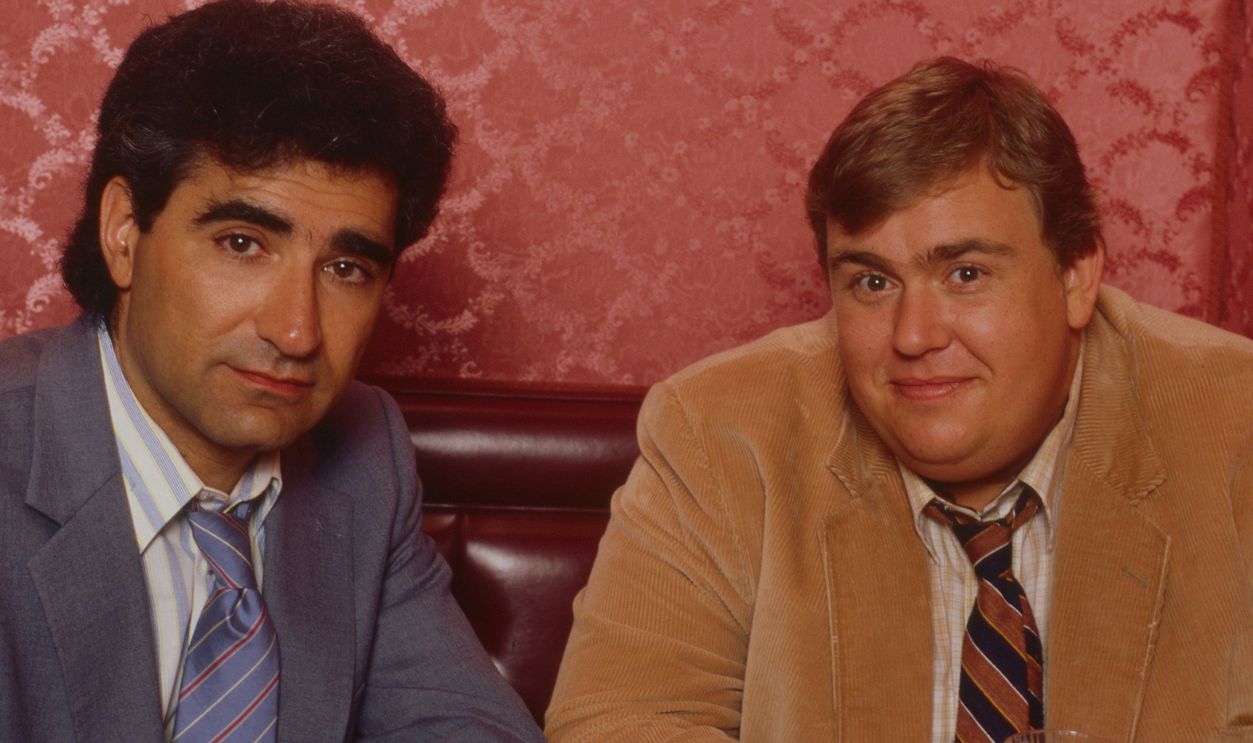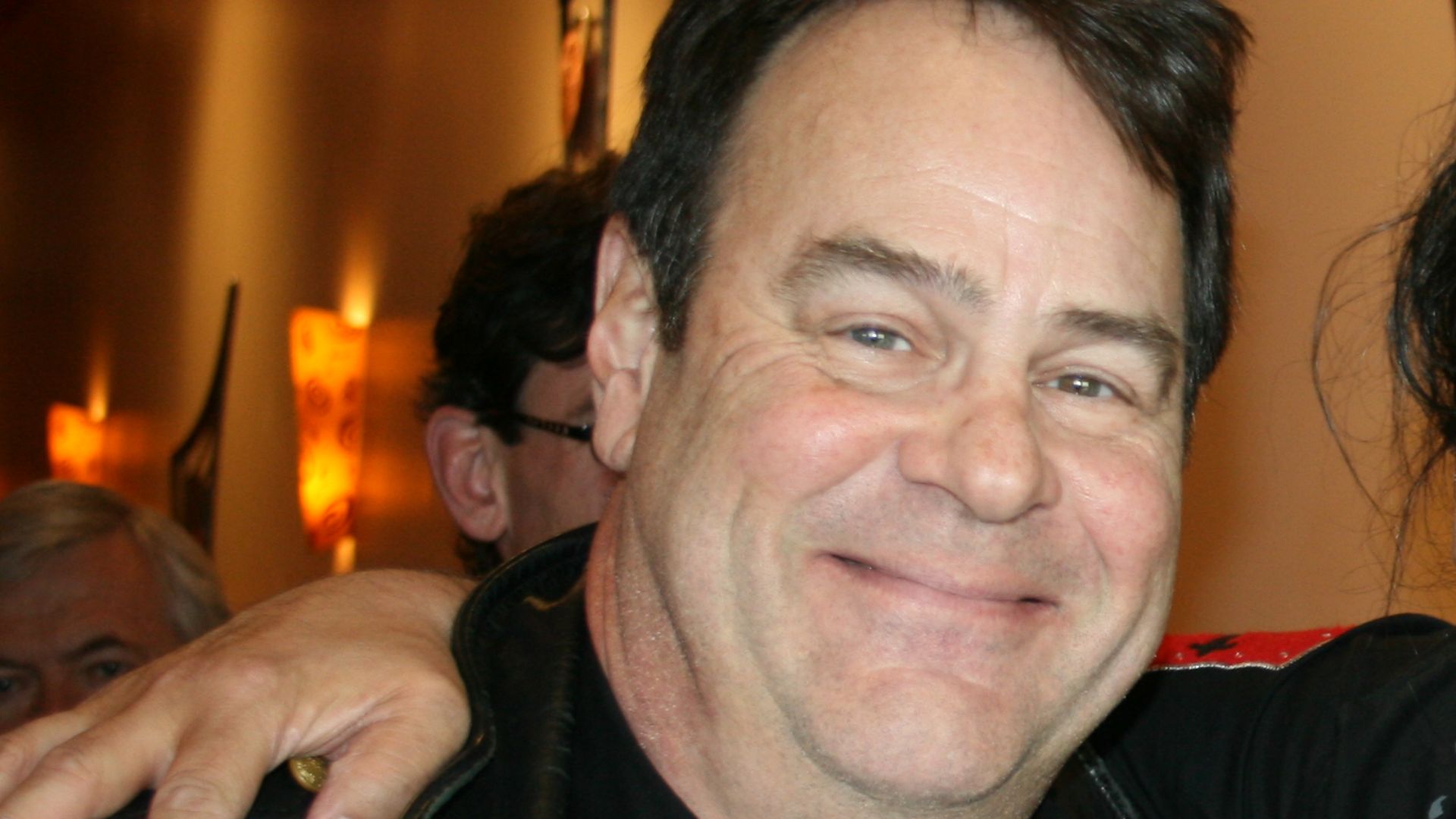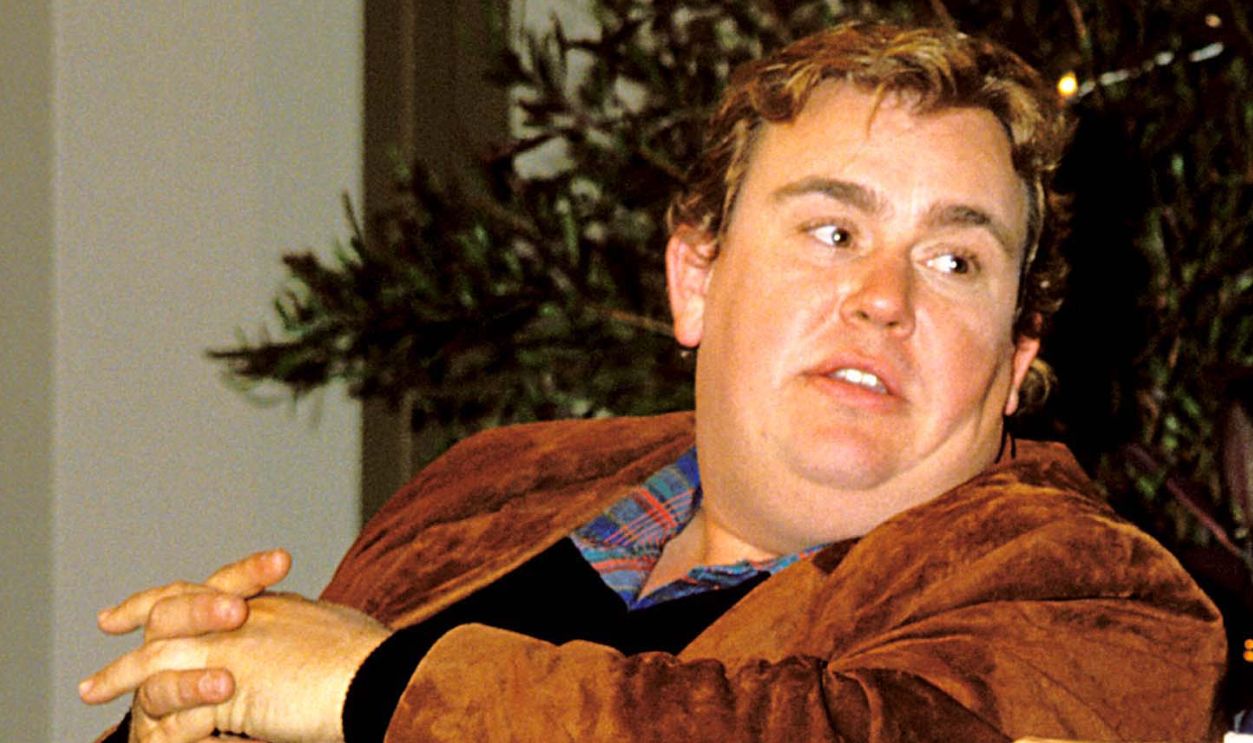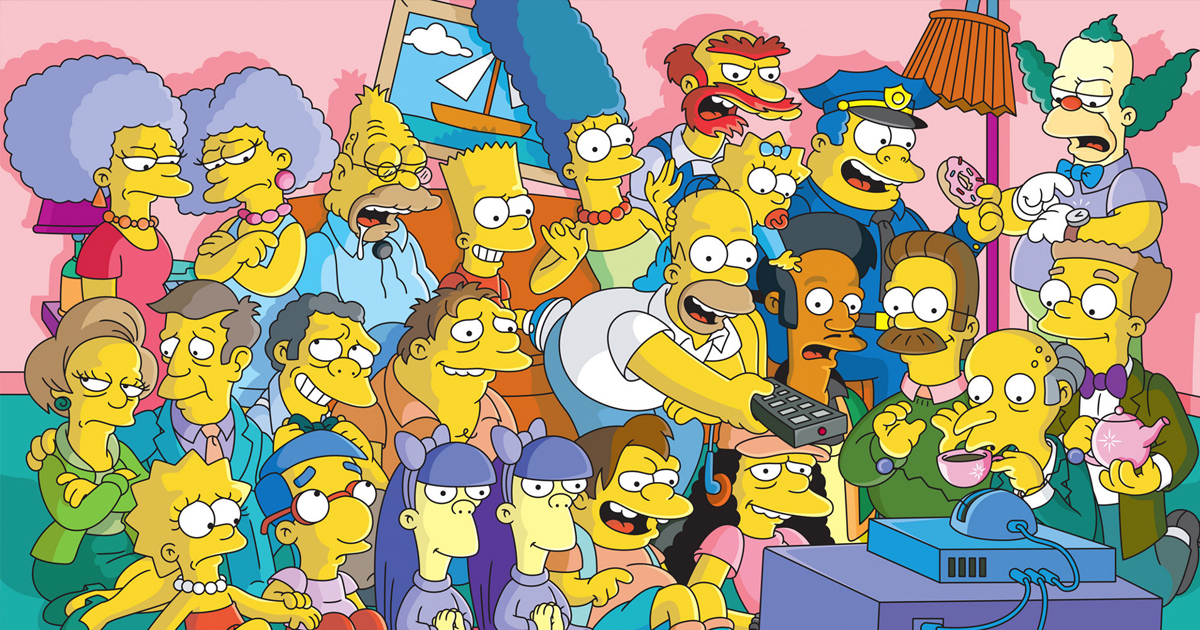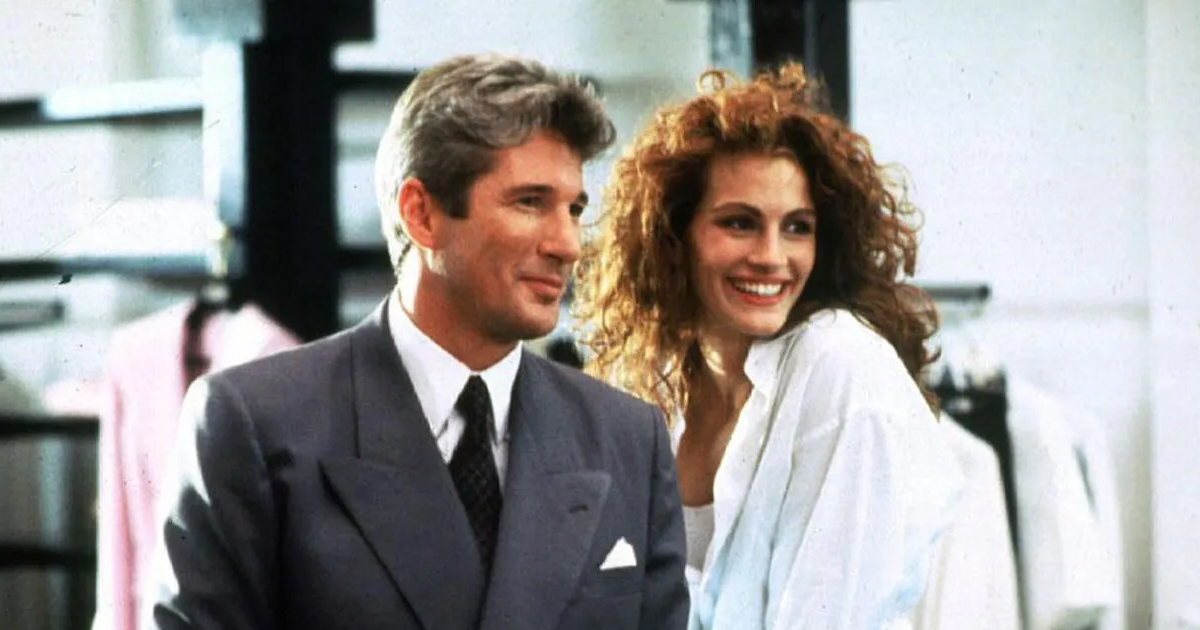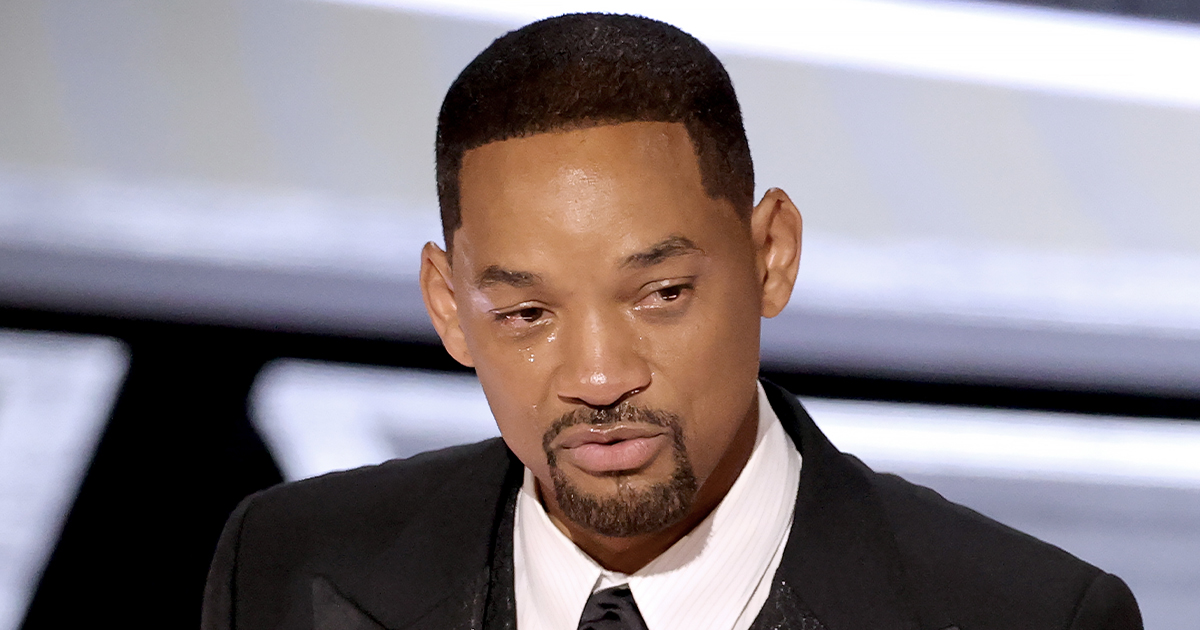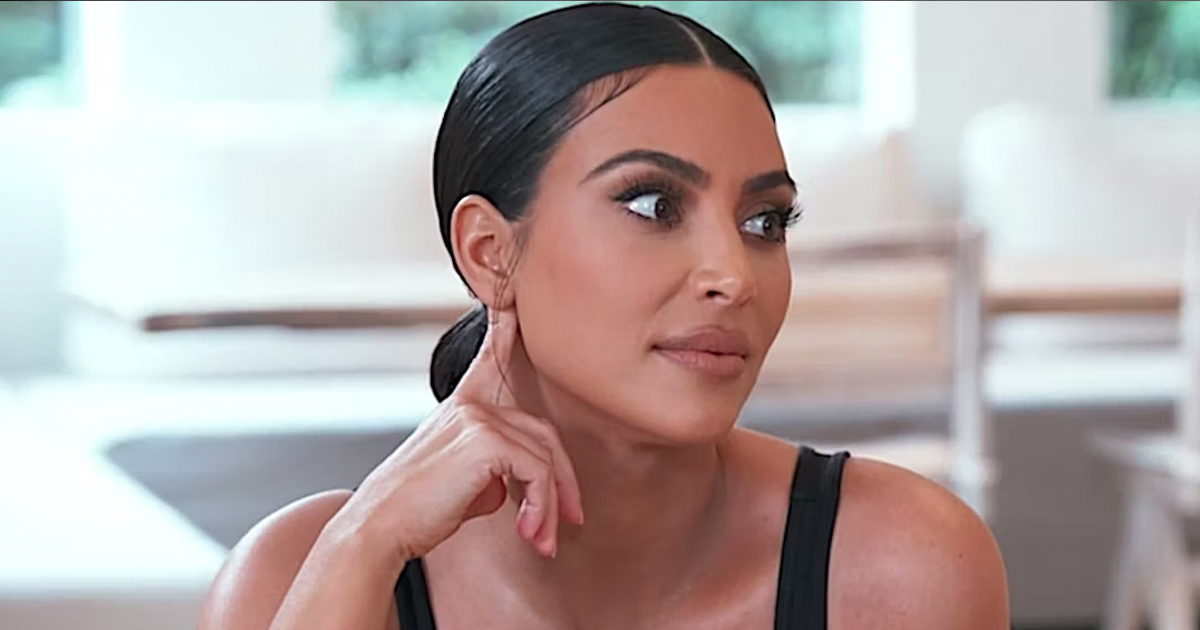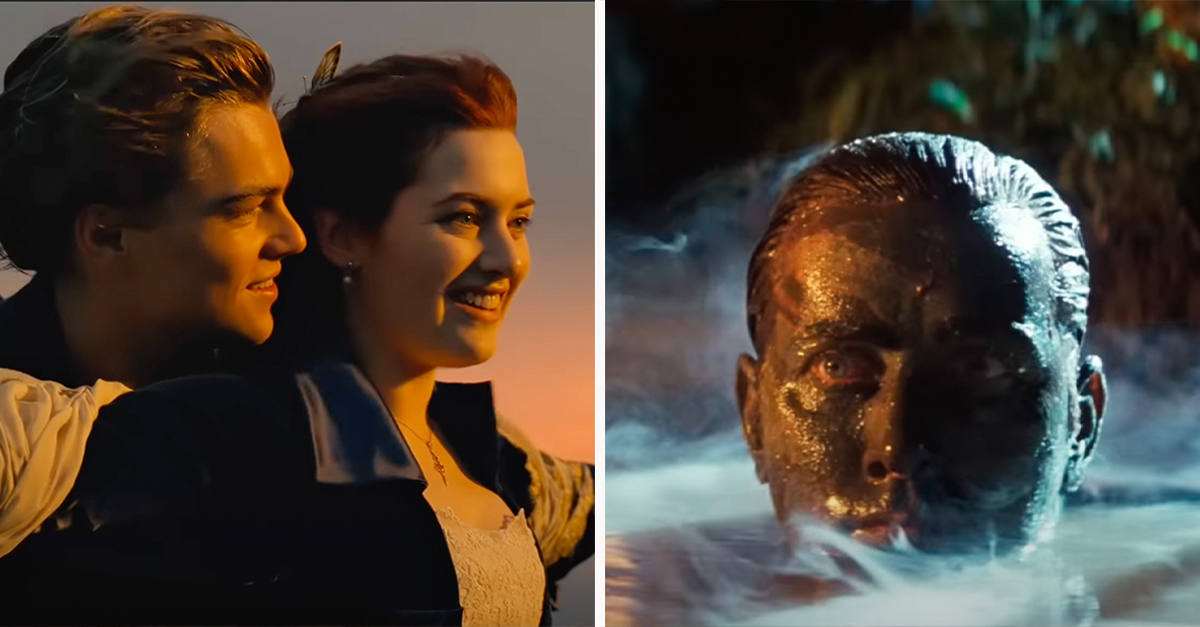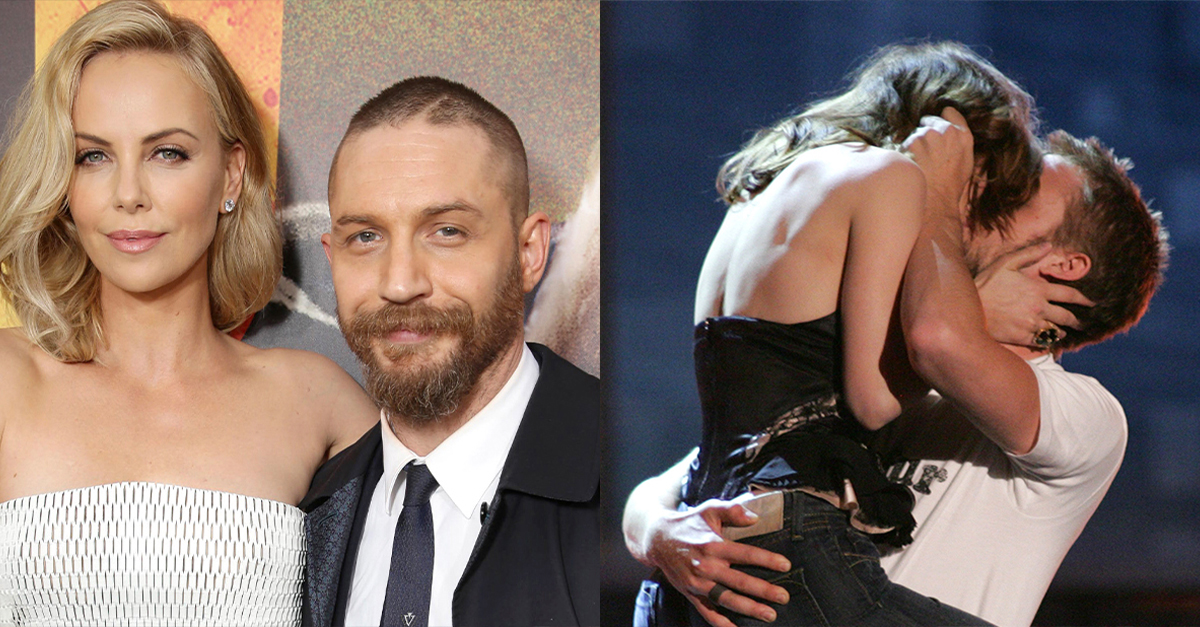A Heart as Big as His Laughs
John Franklin Candy was born on Halloween in 1950, in Newmarket, Ontario, Canada. Life wasn’t always easy for the Candy family, John’s father passed away suddenly when John was just five. His mom worked hard to keep things together, and John learned early how humor could lift people up.
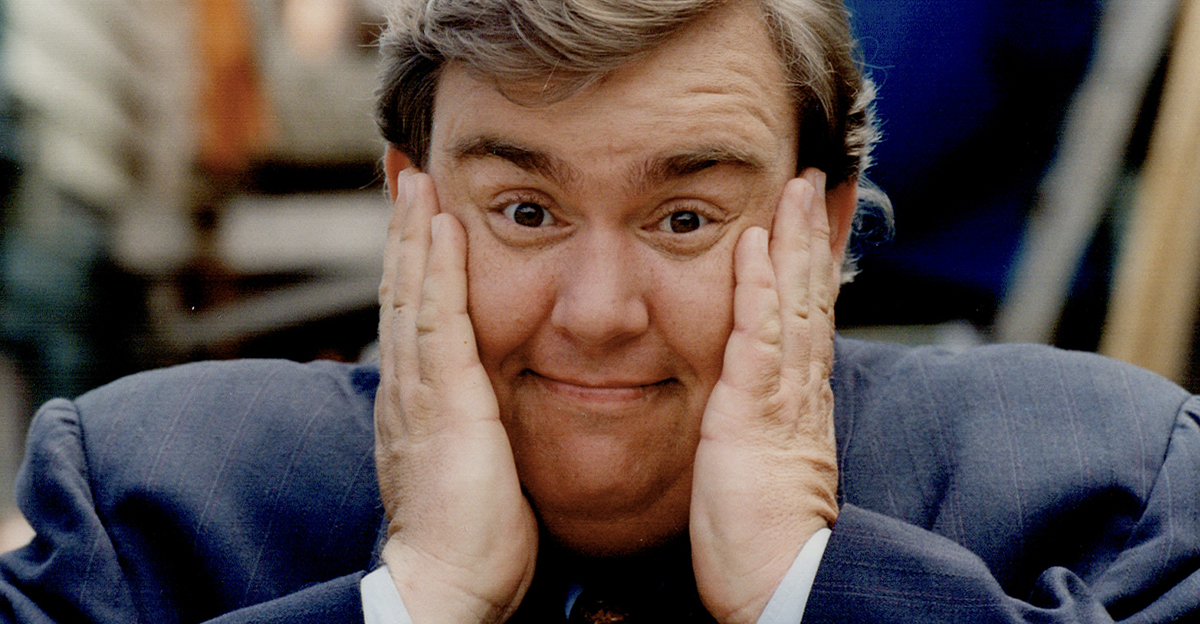
Early Dreams and Setbacks
As a teenager, John’s big dream was football. He was strong, quick, and had a real love for the game. But when a knee injury ended that dream, he didn’t sit around feeling sorry for himself. Instead, he turned toward performing — and found a new calling.
Finding His Place at Second City
In the early ’70s, John joined Toronto’s Second City improv troupe. It was the perfect stage for his mix of goofiness and warmth. He wasn’t just funny — he was generous, often setting up other actors for laughs. Fellow comedians said he was the guy who made everyone else shine.
SCTV and Fame in Canada
John broke out on SCTV, playing larger-than-life characters like Johnny LaRue and Yosh Shmenge. His fellow castmates — Eugene Levy, Catherine O’Hara, and Martin Short — adored him. They remembered him not only as hilarious but also as someone who cared deeply about the people around him.
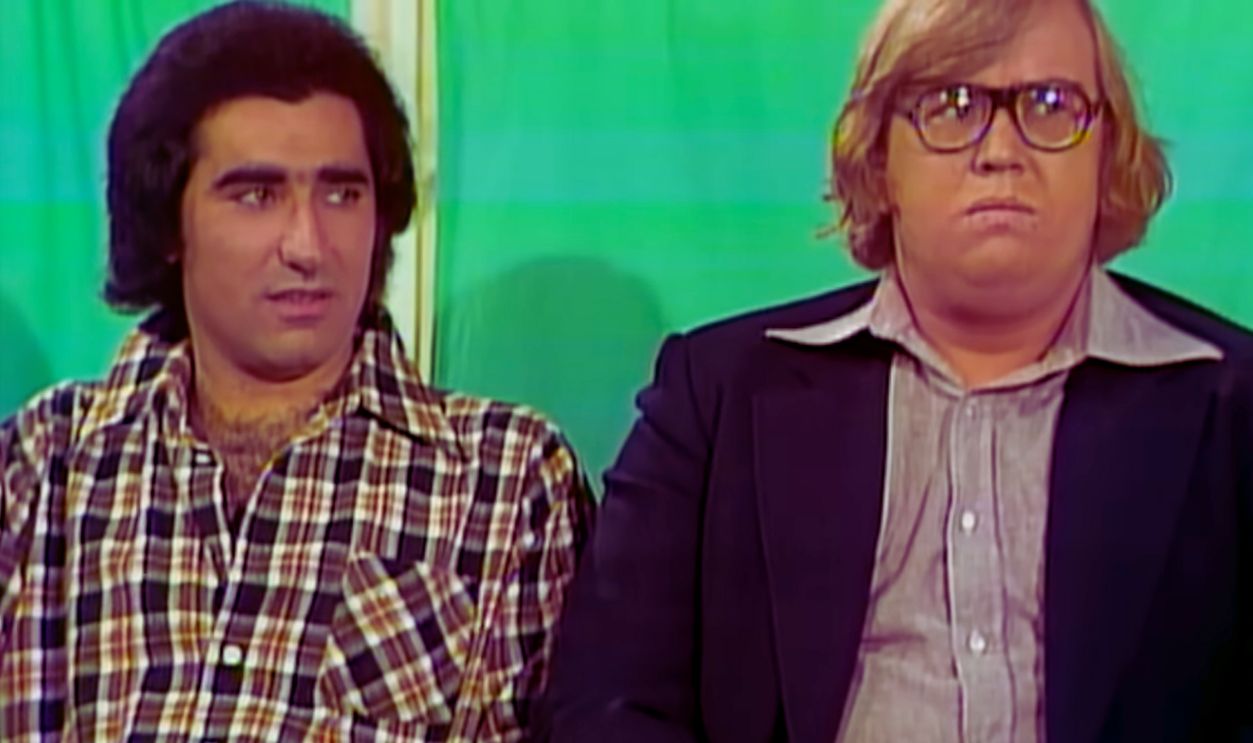 Global Television Network, SCTV (1976–1984)
Global Television Network, SCTV (1976–1984)
Hollywood Beckons
Hollywood quickly noticed John’s talent. He started getting roles in movies, often as the goofy best friend or loveable oddball. He wasn’t the typical leading man, but audiences loved him for exactly that reason — he felt real, like the funny guy down the street.
Scene-Stealer in Stripes
In 1981, John landed a role in Stripes with Bill Murray. Even surrounded by big personalities, John stood out. His physical humor and charm made audiences laugh out loud, and Hollywood realized they had a star on their hands.
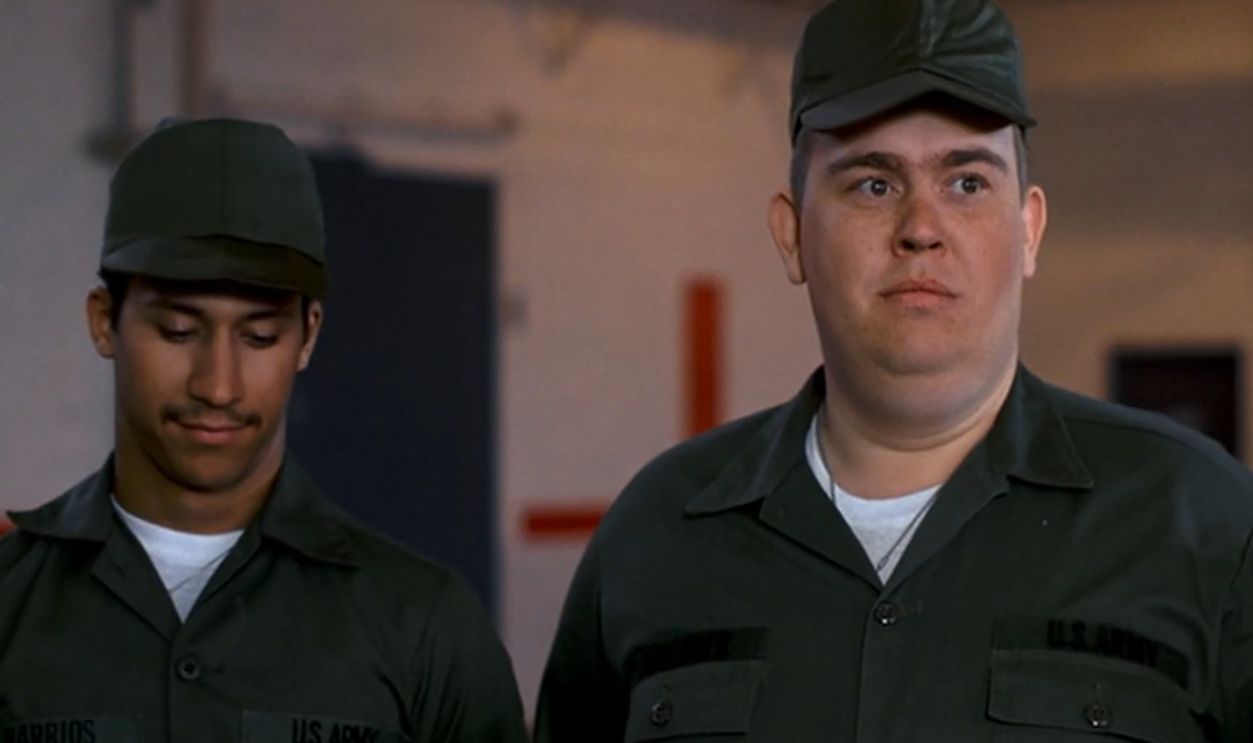 Columbia Pictures, Stripes (1981)
Columbia Pictures, Stripes (1981)
The Beloved Uncle Buck
For many people, John Candy will always be Uncle Buck. In the 1989 film, he played the messy but big-hearted uncle every kid wanted. The role showed his gift for mixing humor with heart. Underneath the jokes, you saw the warmth of the real John.
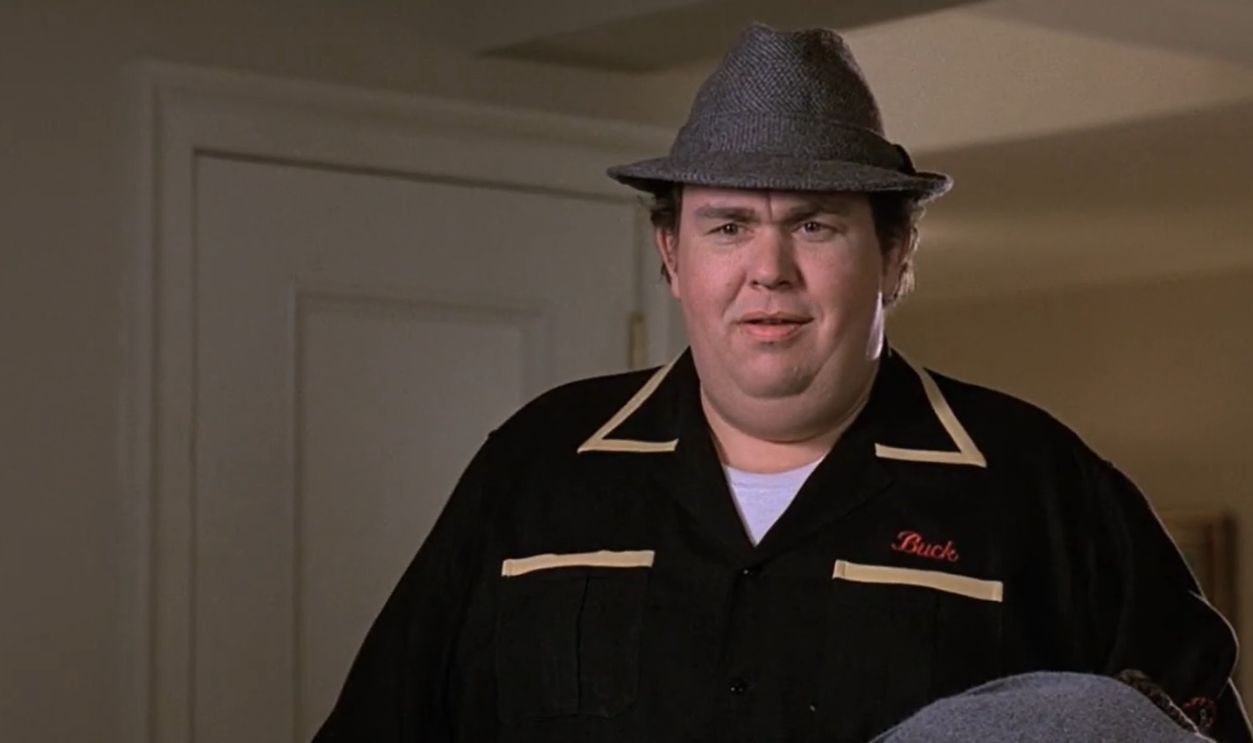 Universal Pictures, Uncle Buck (1989)
Universal Pictures, Uncle Buck (1989)
The Classic Road Trip
In Planes, Trains and Automobiles (1987), John played Del Griffith, the lonely shower curtain ring salesman who drove Steve Martin’s character crazy. But by the end, he had the audience in tears. Steve Martin later said John’s performance was “beautiful and heartbreaking.” It’s still one of his most iconic roles.
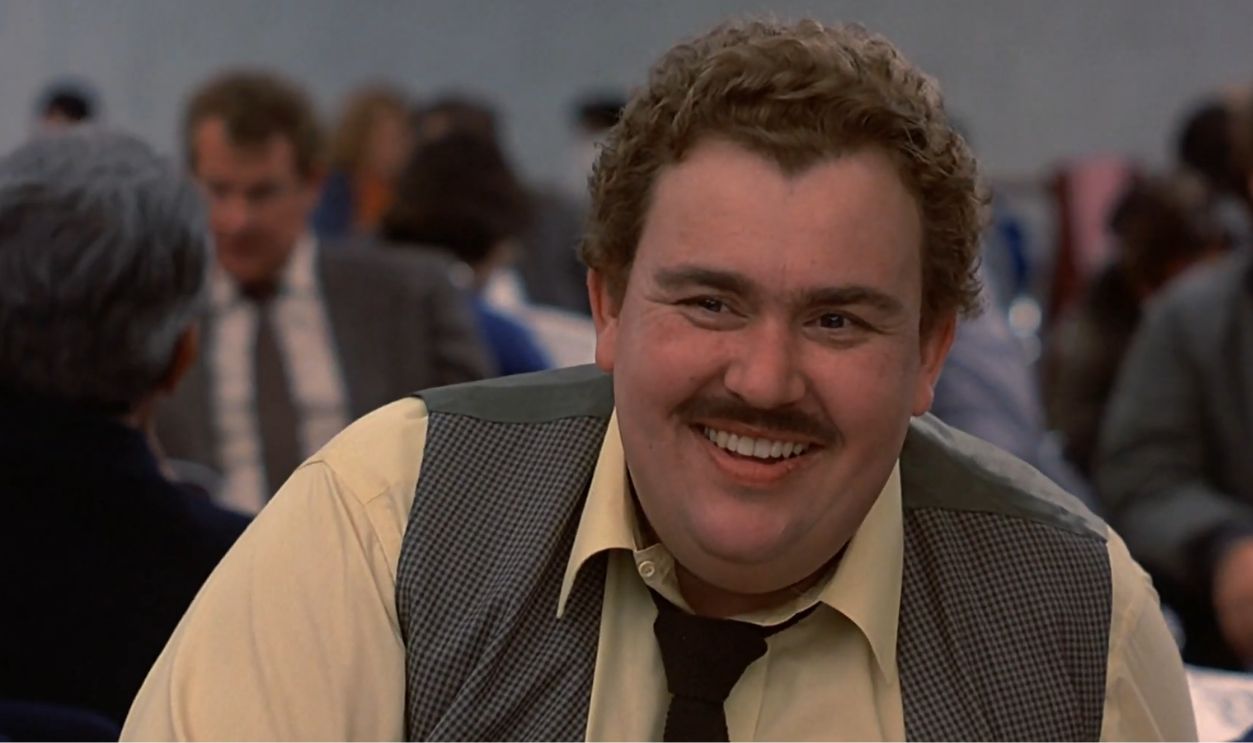 Paramount Pictures, Planes, Trains and Automobiles (1987)
Paramount Pictures, Planes, Trains and Automobiles (1987)
More Than Just a Comedian
Whether it was Cool Runnings, The Great Outdoors, or dozens of other films, John had a way of making people laugh and feel something at the same time. He wasn’t just funny — he was relatable. Watching him was like spending time with a friend.
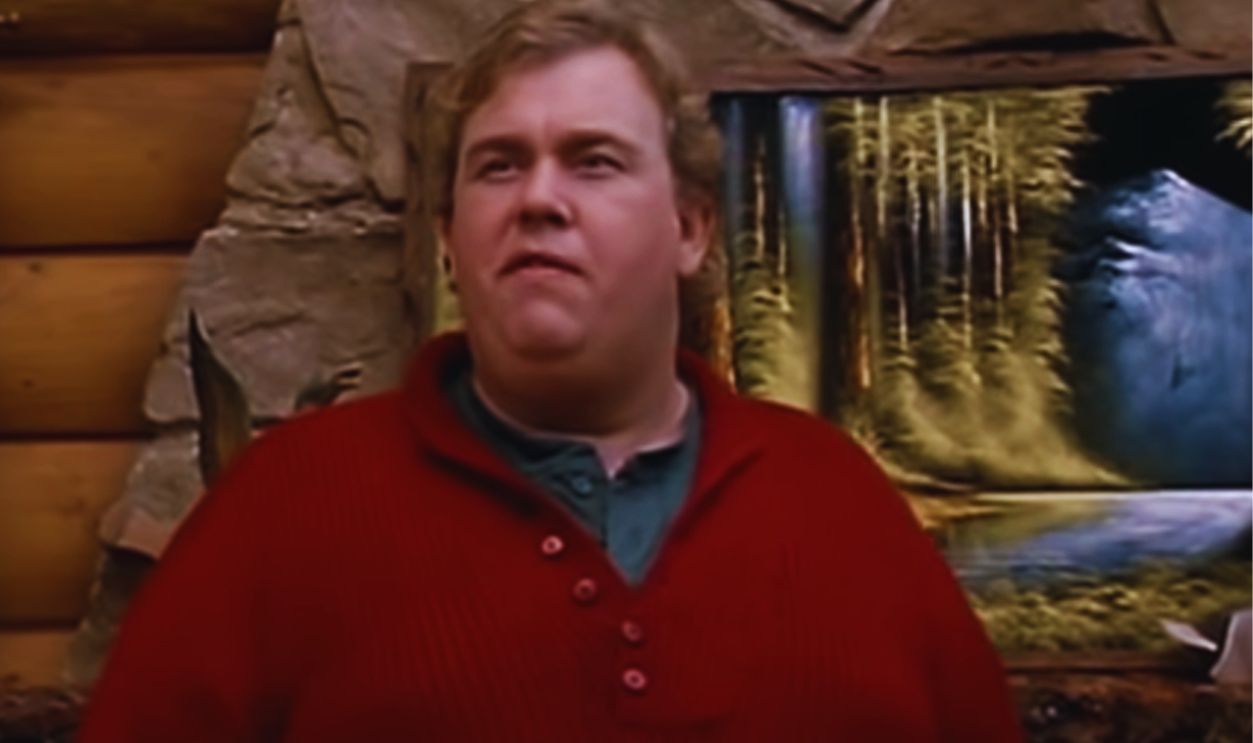 Universal Pictures, The Great Outdoors (1988)
Universal Pictures, The Great Outdoors (1988)
The Man Behind the Laughs
Those who worked with John always mentioned his kindness. Catherine O’Hara once said, “He made everyone feel included, whether you were a star or the person bringing coffee.” That’s the kind of man he was — fame never changed him.
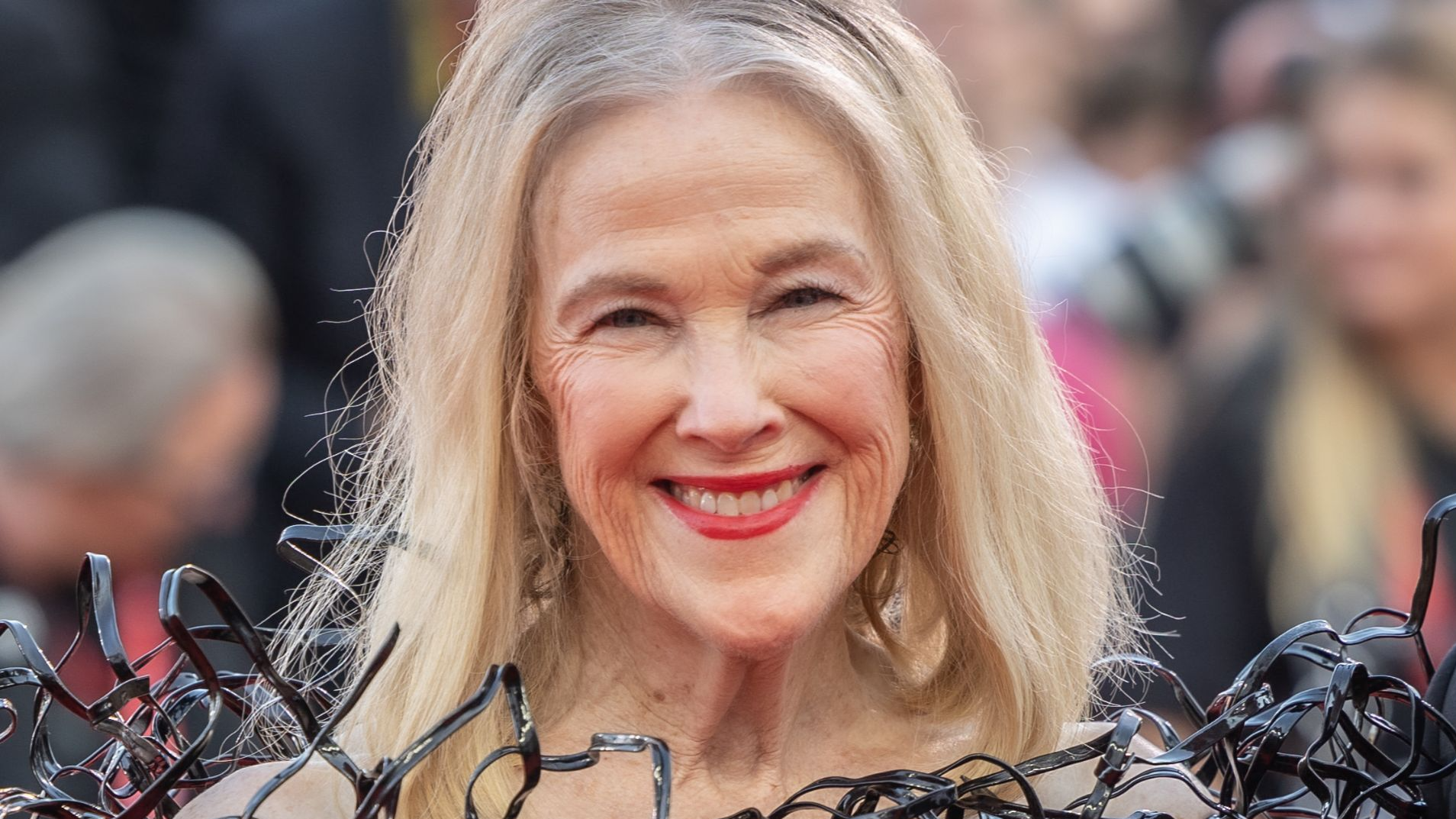 Harald Krichel, Wikimedia Commons
Harald Krichel, Wikimedia Commons
A Family Man First
Behind the scenes, John’s most important role was being a husband and father. He married Rosemary Hobor in 1979, and together they had two children, Jennifer and Christopher. No matter how busy he was, family always came first.
Proudly Canadian
John stayed true to his roots, even as Hollywood embraced him. He bought part of the Toronto Argonauts football team and proudly represented Canada wherever he went. Friends said he carried his down-to-earth spirit into every room.
Quiet Generosity
John gave generously to charities and helped out friends, but he never made a show of it. He believed kindness didn’t need an audience. That quiet generosity became one of the things people loved most about him.
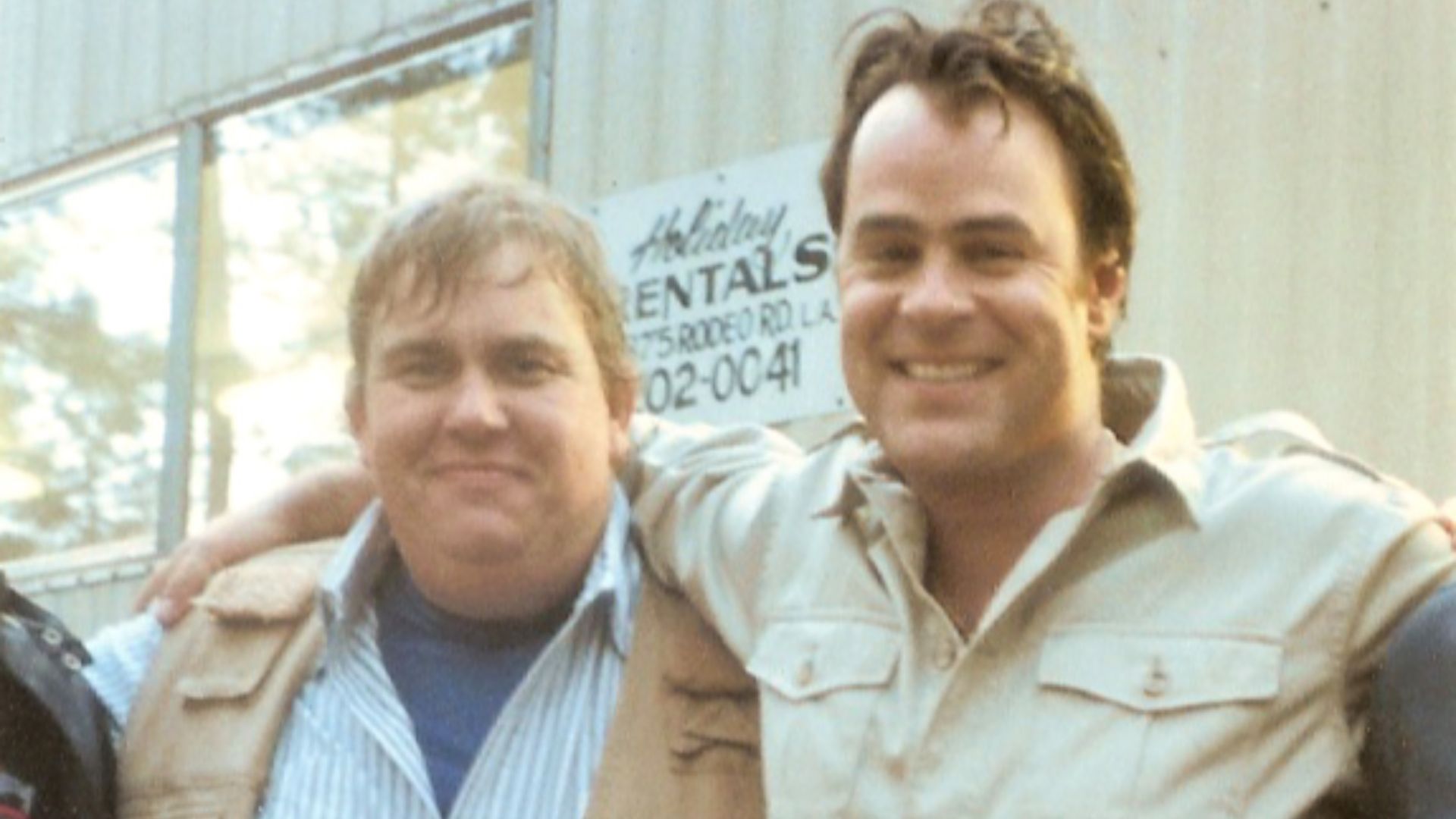 Guywelch2000, Wikimedia Commons
Guywelch2000, Wikimedia Commons
Struggles Behind the Smile
John wasn’t without struggles. The stress of fame and the demands of his career weighed heavily on him, and he battled health issues throughout his life. But even on his toughest days, he kept people laughing.
Helping the Next Generation
John was known for mentoring young comedians. He shared advice freely, reminded them to stay grounded, and offered encouragement when the spotlight felt overwhelming. Many credited him with giving them confidence when they needed it most.
Beloved by Crews
Film crews adored him. He didn’t see himself as above anyone else and often spent time chatting with grips, makeup artists, and assistants. People said his presence made the workday brighter and more enjoyable.
Loyal Friendships
John stayed close with his SCTV friends, including Martin Short, Eugene Levy, and Rick Moranis. They described him as loyal and endlessly supportive — the kind of friend who never let success get in the way of real connection.
Leaving a Legacy of Laughter
John Candy’s films endure because they came from the heart. His characters were messy, funny, sometimes ridiculous — but always human. That honesty is why audiences keep returning to his movies, even decades later.
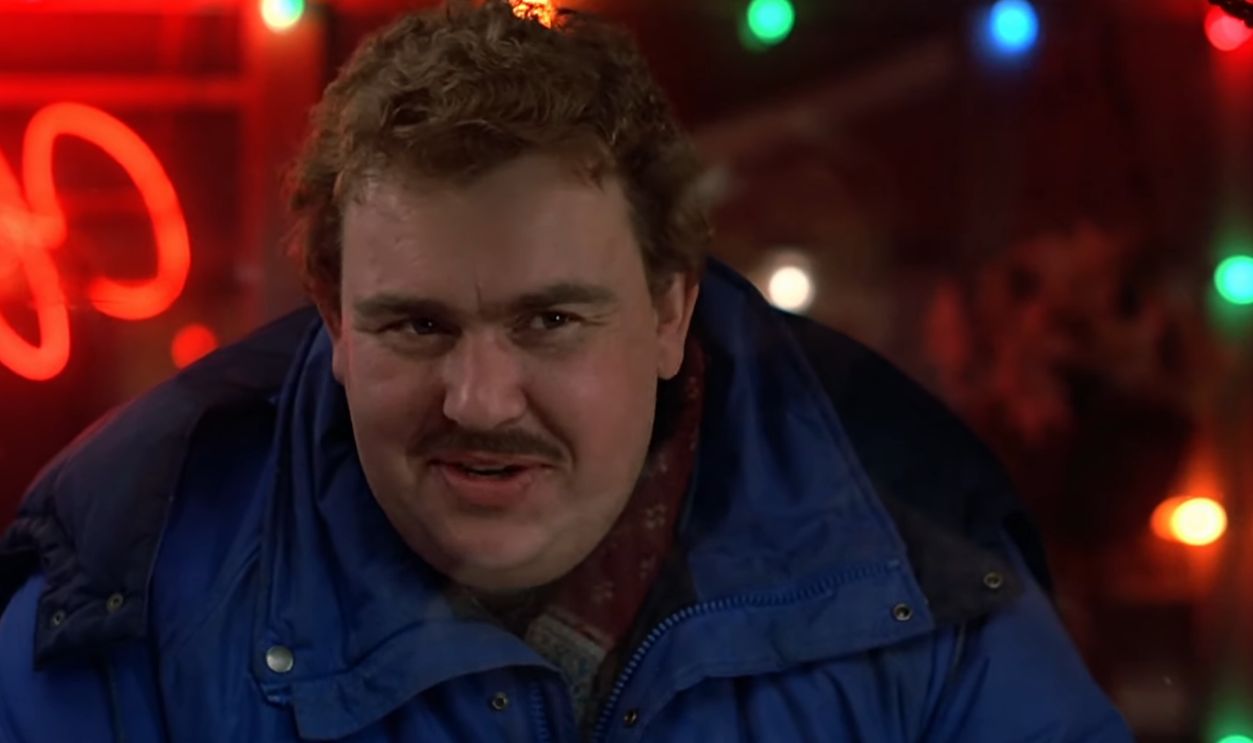 Paramount Pictures, Planes, Trains and Automobiles (1987)
Paramount Pictures, Planes, Trains and Automobiles (1987)
His Final Film
John was working on Wagons East! in Mexico in 1994 when he passed away suddenly from a heart attack. He was only 43. The news stunned fans and colleagues alike — it felt like losing a family member.
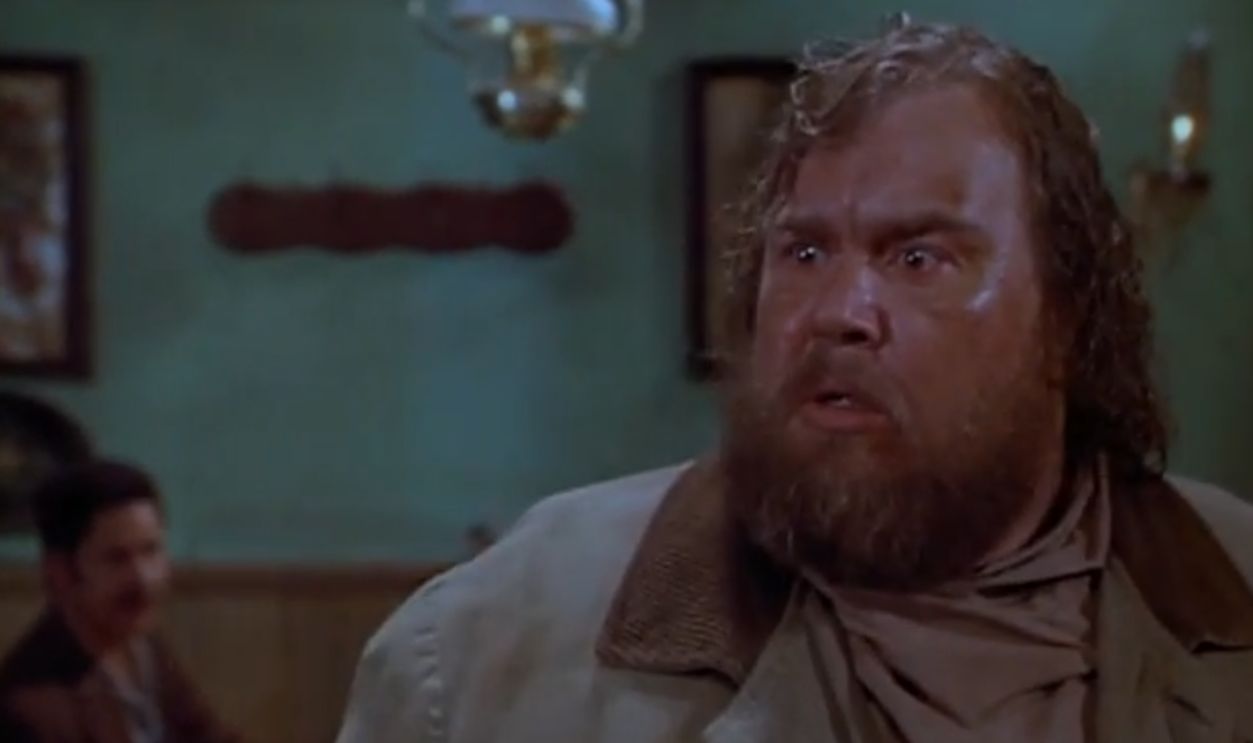 TriStar Pictures, Wagons East! (1994)
TriStar Pictures, Wagons East! (1994)
The Outpouring of Love
After his death, tributes poured in from around the world. Steve Martin called him “a very sweet guy, very sweet, and very lovable.” Fans mourned the loss of not just a comedian, but a man whose kindness matched his talent.
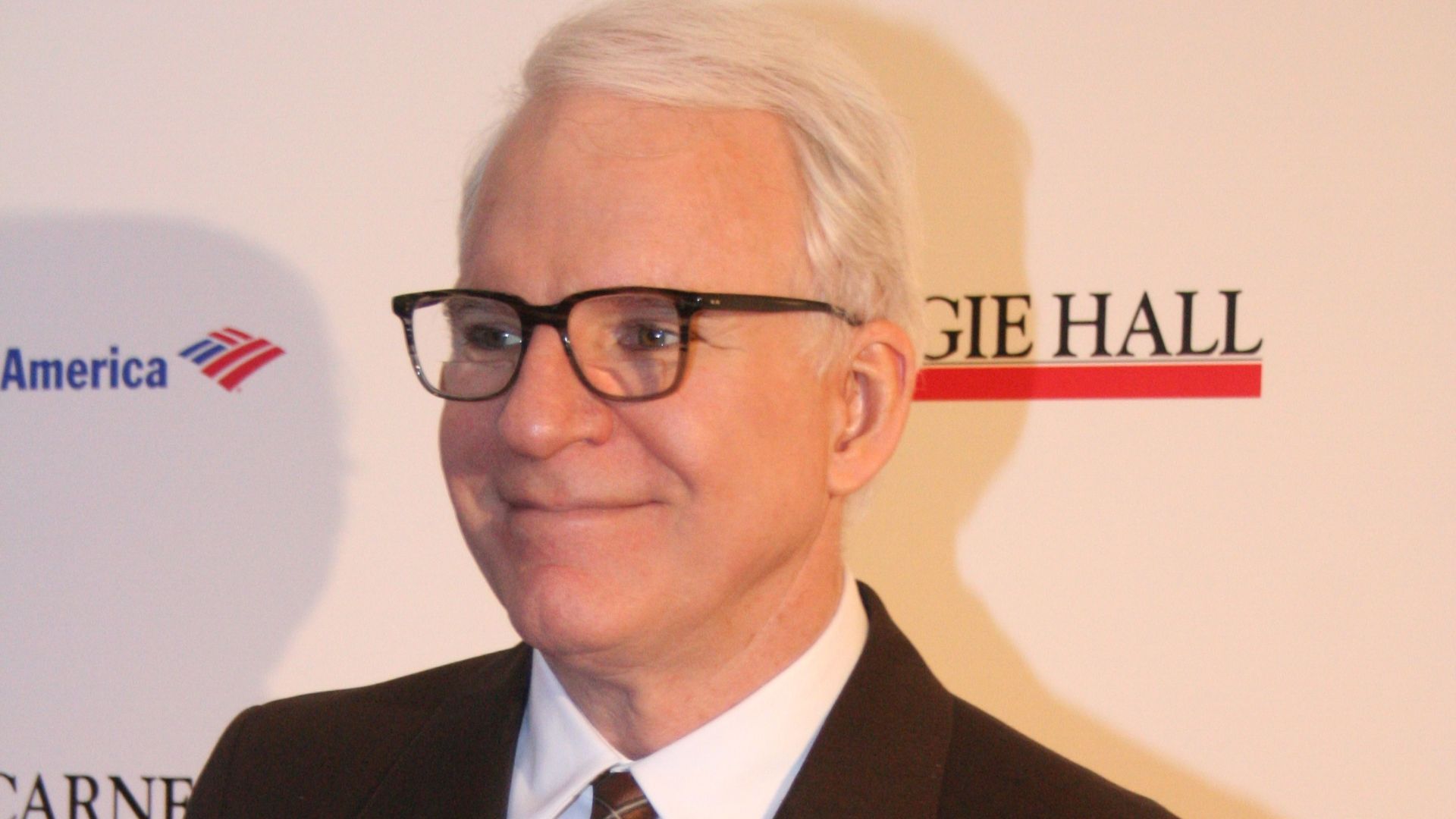 Joella Marano at https://www.flickr.com/photos/ellasportfolio/, Wikimedia Commons
Joella Marano at https://www.flickr.com/photos/ellasportfolio/, Wikimedia Commons
Family Memories
For his kids, John wasn’t a movie star — he was simply dad. His daughter Jennifer once said, “He was the best dad — he always made time for us.” To his family, his legacy wasn’t just about laughter, but about love.
 Michael S. Schwartz, Getty Images
Michael S. Schwartz, Getty Images
Timeless Comedy
Even today, people still quote Uncle Buck or Del Griffith. His films feel timeless, because his humor was never mean-spirited — it came from joy. That’s why new generations continue to discover him and fall in love with his work.
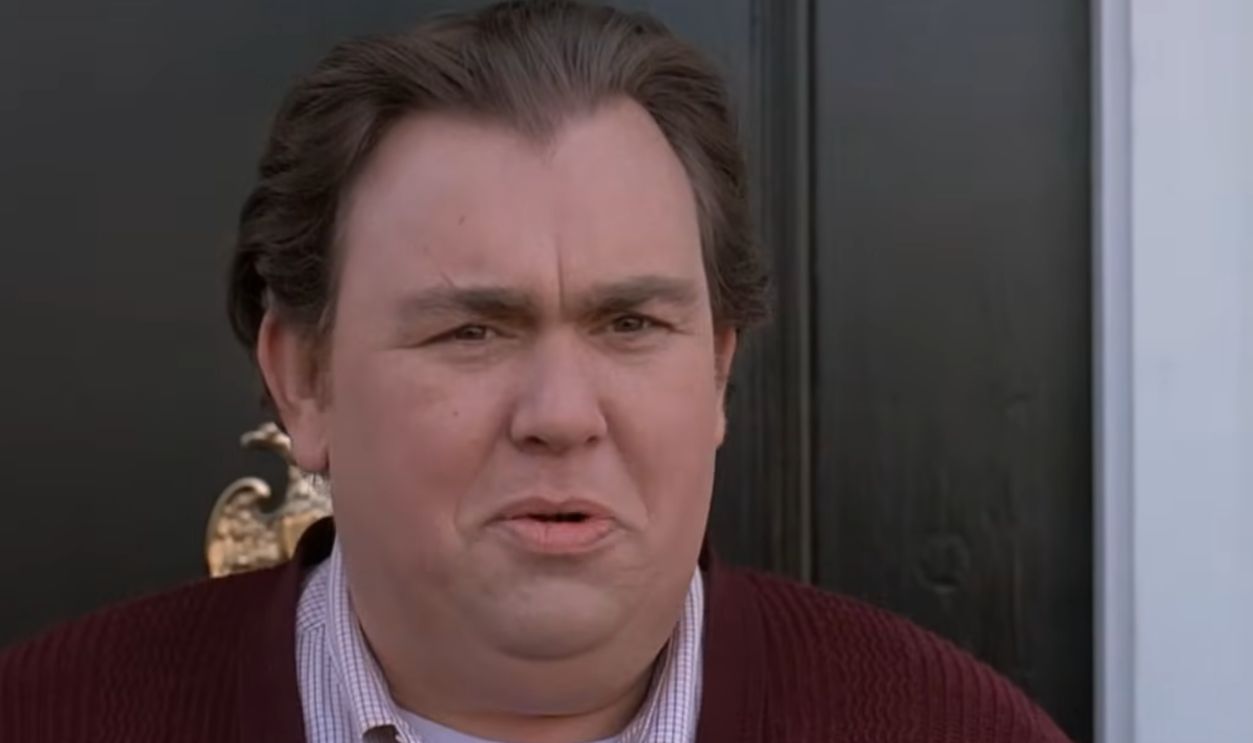 Universal Pictures, Uncle Buck (1989)
Universal Pictures, Uncle Buck (1989)
The Quiet Giver
John gave to children’s hospitals, food banks, and countless charities without seeking recognition. For him, giving was natural — part of who he was. His humility made his generosity even more remarkable.
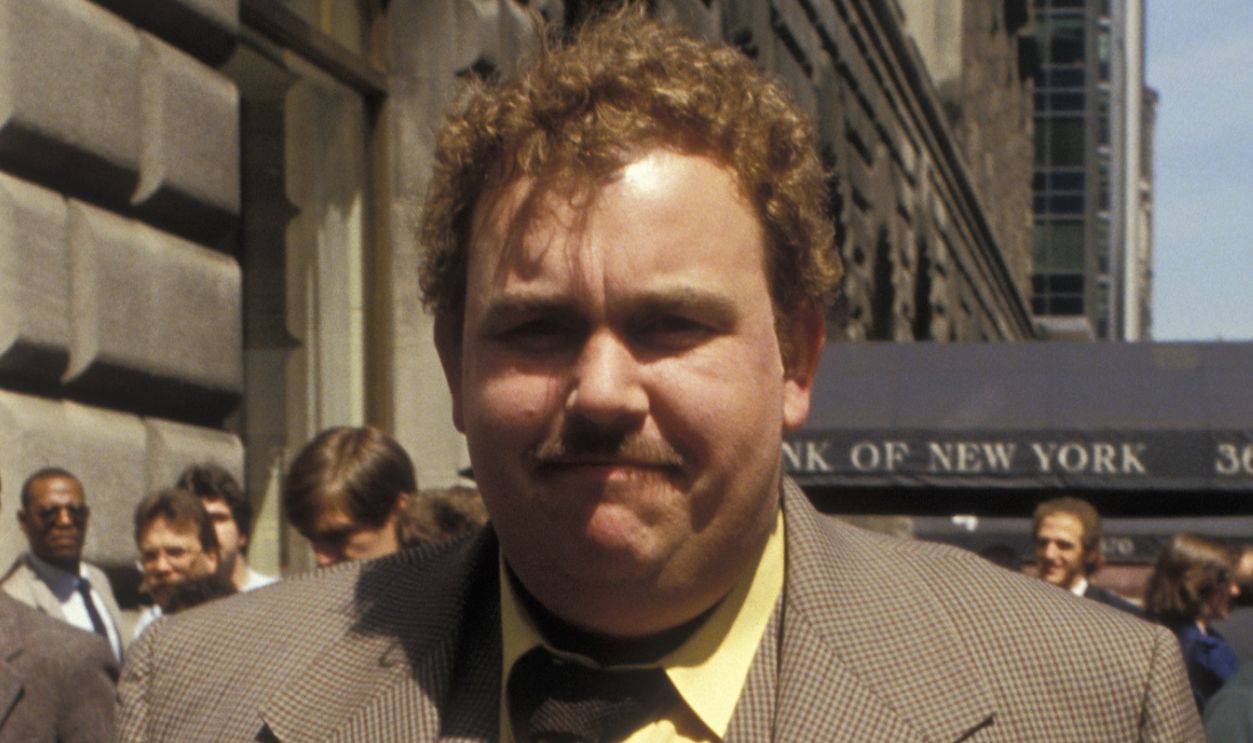 Ron Galella, Ltd., Getty Images
Ron Galella, Ltd., Getty Images
Remembered by Friends
Dan Aykroyd summed him up best: “He had a heart as big as his frame.” For those who knew him, John wasn’t just a colleague or a star — he was a friend who left the world better than he found it.
The Firefighters’ Story
One story captures John perfectly. Spotting a group of firefighters out for a meal, he quietly paid their bill without saying a word. He never told anyone about it, and he didn’t want thanks. For John Candy, kindness was second nature — and that’s the legacy he left behind.
You May Also Like:

